When you hear “entrepreneur” – what words and images come to mind??
Creative? Problem solver? Lateral thinker? Innovation? Drive? A room full of messy post-it notes? A slick pitch that enthrals investors?
Now, what about “social entrepreneur”?
Probably the above words, plus things like empathy, community and positive change.
Now look at the below list from EY’s “The Value of Dyslexia ” report:


A striking amount of crossover, no?
As a dyslexic founder of a social enterprise, I see neurodiversity as a real asset within the impact sector. I think this because neurodiverse people are literally wired to think and process information differently and so can approach complex social problems with a fresh perspective.
But for more neurodiverse minds to be utilised, we need a strong pipeline of talent and intentional spaces that allow social innovators to test and build impactful solutions.
For me, this is where Year Here came in, the postgraduate social impact course – a programme that I completed over a year ago and provided the foundation for my business More Diverse Voices to flourish.
Sadly Friday the organisation officially closed its Fellowship, but it was so integral to the creation of my business that I still wanted to share this experience.
Below are some reflections on how my neurodiversity helped me thrive throughout a super intense year of learning, working, problem-solving, prototyping and business building and therefore why I believe neurodiverse thinkers make fantastic social entrepreneurs.
Innovative thinker, lateral thinker, problem solver
At its core, social innovation is about problem-solving. It’s about looking at what’s not working and coming up with new approaches, often to the same old problems.
Throughout the course there were many opportunities to “think outside the box”, but two stick out in my mind:
- During the Consulting Phase of the Year Here – where you produce tangible outputs for clients including local government, social enterprise and corporates – my team (the fabulous Amina Ahmad, Nishil Samani and Sabrina Evans) were tasked with pulling together a detailed report for pension provider Royal London as part of their Changemakers programme launch. We offered fresh perspectives of building financial resilience, paying particular attention to the impact of intersectionality and outlined the wide variation of businesses that would fall into that category.
- The course also gave me the time and space to develop my own social enterprise More Diverse Voices. It helped me explore the crossover and impact between communication and diversity and inclusion, and how this combination could help deconstruct systems of oppression.
Creativity, originality and initiative
The innovative thinking outlined above is often powered by creativity, originality and initiative, as these are all key components to ideating, designing, prototyping and delivering impactful solutions.
Designing and delivering a new service from scratch:
During the Frontline phase – where you help deliver critical social services to assist some of the most vulnerable in society – I designed and delivered a 12-week training programme for 8 people living in a North London hostel. The programme, curated for jewellery maker and social enterprise Pivot, was designed to build confidence and employability skills of those experiencing homelessness.
Was it perfect? No. Did things not go to plan? All the time (it was the middle of lockdown). But did we prototype something that created positive change? Absolutely yes! Did it provide a foundation/structure for Pivot to build on? Yes! And more than a year on and the programme is still an essential part of Pivot’s social impact strategy.
Low budgets and limited resources means you’ll need to get creative:
Unless you’ve secured funding for your idea or can afford to put your own money into starting a business, it’s very likely you’ll be on a low budget. So you’ll have to get creative and do a lot of things yourself.
I designed and built the More Diverse Voices website, brand and logo. I wrote the website copy and also blog, post on Linkedin weekly and write opinion pieces (Pioneers Post, ND Positive) to market MDV’s services to potential clients.
Initiative and drive turn ideas into reality
I have always been a doer. A get sh*t doner.
I put this down to a neurodivergent trait called “hyperfocus” – which describes the ability to concentrate on something so hard that you lose track of everything else going on around you. Although this can have negative consequences, particularly when it comes to losing track of time, it’s also very close to the sought-after “flow state”.
This is an amazing strength when building something new or trying to solve a problem. It means you give it a go, so you have a baseline to build on, you can evaluate “What Went Well” and ask “Even Better If” and then go from there.
Empathy and high emotional intelligence
Empathy – the ability to understand and share the feelings of another (not to be confused with sympathy which is to feel sorry for/pity) – is a powerful skill to have when it comes to both building and leading social impact businesses.
In a recent report, empathy was highlighted as the most important leadership skill to hone, with links to everything from innovation to retention. Meanwhile, in sectors like healthcare, empathy has been shown to improve patient experience, quality of care, and employee wellness. But most importantly within the context of Year Here, empathy helps us to deconstruct bias and improve equity for historically marginalised and underserved communities.
Throughout Year Here, we were continually asked to put ourselves into other people’s shoes and to work directly with communities to understand the nuances of the social barriers they faced, which informed the solutions we built with these communities.
From the more established ventures like Birdsong, Fat Macy’s, Migrateful, Chatterbox and Appt, to newbies just starting out like Bua, Nudos and Cogs of course More Diverse Voices – are all businesses founded by Year Here fellows are grounded in empathy.

